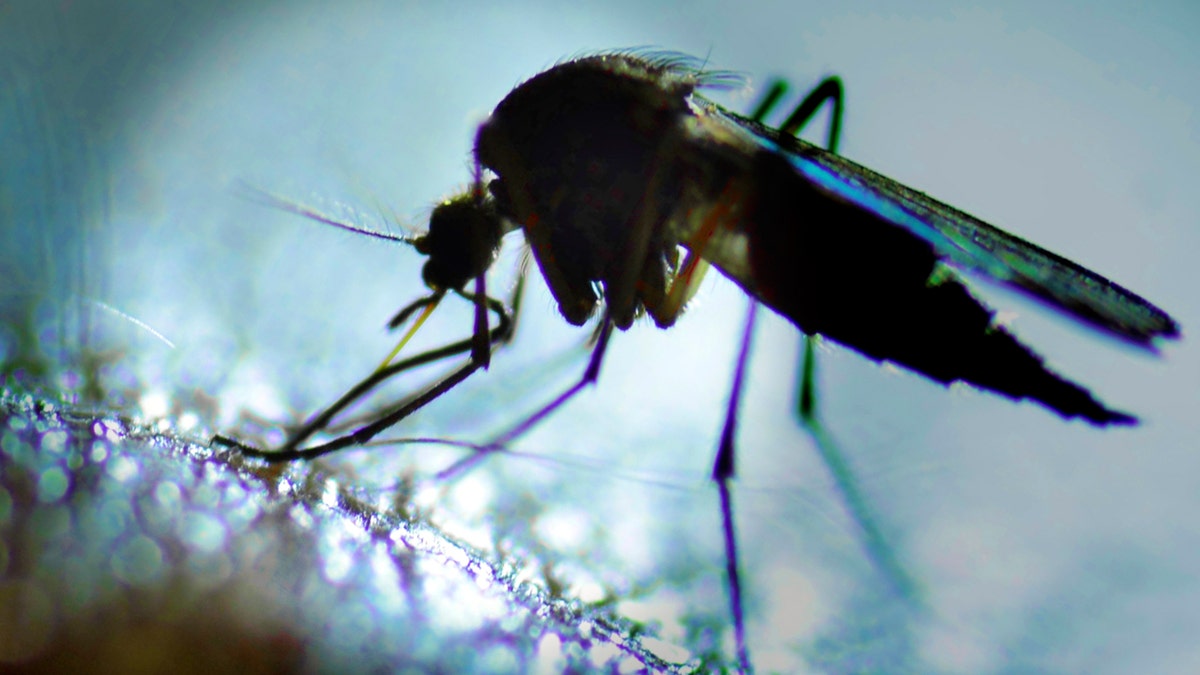
mosquito (Rolf Aasa Taby;)
LONDON – Genetically modified (GM) mosquitoes could be let loose in Florida's battle against the Zika virus if regulators approve them - and a decision is expected imminently, according to British firm Oxitec that engineers the insects.
Modified Aedes aegypti mosquitoes - genetically altered so their offspring die before being able to reproduce - are under review by the Food and Drug Administration (FDA) for possible use in the United States.
Oxitec wants to conduct an investigational trial in the Florida Keys region to evaluate the GM strain's effectiveness in reducing populations of Aedes mosquitoes, which can spread diseases including Zika, dengue, yellow fever and chikungunya.
Efficacy trials in Brazil, Panama, and the Cayman Islands showed that its genetically modified mosquitoes can reduce localized Aedes aegypti populations by more than 90 percent.
As well as FDA approval, the Florida district's board has pledged to seek residents' approval before going ahead.
Some Florida residents have signed a petition expressing concern about the release of the GM insects, saying they could have unknown and unintended effects on the ecosystem.
Oxitec's head of field operations Andrew McKemey told reporters in London on Wednesday that his firm had been invited by the Florida Keys Mosquito Control District to propose a pilot study of the technology.
"We expect a decision (from the FDA) any minute now," McKemey said. "We've already built a laboratory there (in Florida) - a mass production unit - so (with approval) we could start immediately."
The Zika outbreak was first detected last year in Brazil, where it has been linked to more than 1,700 cases of microcephaly, a birth defect marked by small head size that can lead to severe developmental problems in babies.
The virus has spread rapidly through the Americas and Caribbean and its arrival in the continental United States, where Aedes aegypti mosquitoes thrive in the warmer southern states, had been widely anticipated.
Florida health officials have so far confirmed 15 non-travel related cases of Zika.
Oxitec, now a UK subsidiary of U.S. synthetic biology company Intrexon Corp, is a spin-off company from Britain's Oxford University.








































